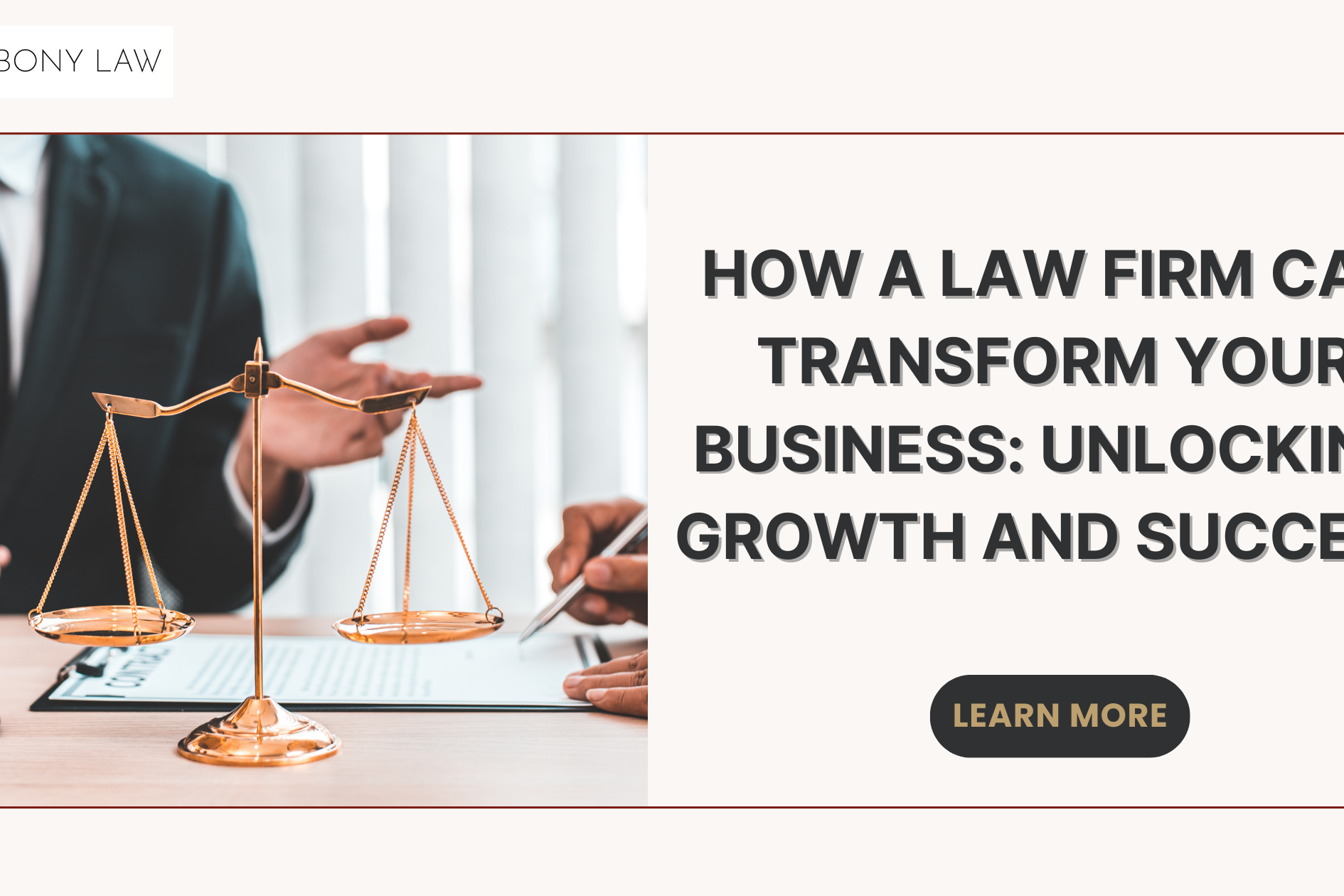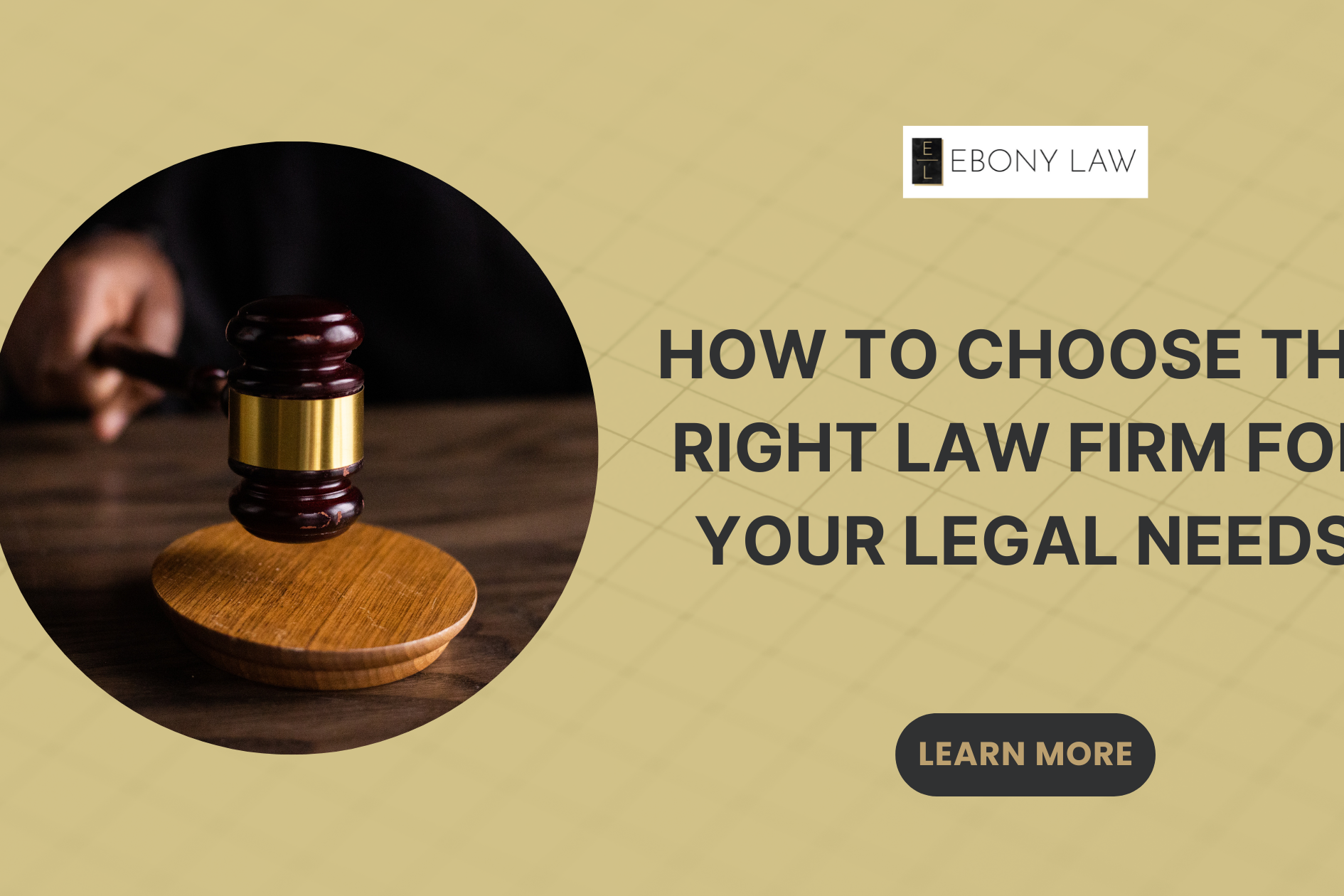In the realm of conflict resolution, mediation has emerged as a powerful tool for finding amicable solutions without resorting to lengthy and costly legal battles. Whether you’re facing a divorce, a business dispute, or any other conflict, mediation offers a structured and collaborative approach.
But is it right for you? In this guide, we’ll explore what mediation entails and help you determine if it’s the right option for you.
Understanding Mediation: What is it?
Mediation is a voluntary and confidential process in which a neutral third party, known as a mediator, facilitates communication and negotiation between parties in conflict.
Unlike a judge in a courtroom, the mediator does not make decisions for the parties. Instead, their role is to guide the conversation, promote understanding, and help the parties arrive at a mutually acceptable resolution.
Questions to Ask Yourself to Determine if Mediation is for You:
Are You Willing to Collaborate?
One of the fundamental principles of mediation is voluntary participation. Both parties must be willing to engage in open communication and work together towards a resolution. If one or both parties are not open to this cooperative approach, mediation may not be the best option.
Do You Value Privacy and Confidentiality?
Mediation provides a confidential setting where discussions and proposed solutions are not disclosed outside of the process. This can be a crucial factor, especially in sensitive matters like divorce or business disputes where privacy is valued.
Are You Seeking a Customized Solution?
Unlike court rulings, which can be rigid and binding, mediation allows for creative and tailored solutions. Parties have the opportunity to craft agreements that address their specific needs and concerns, providing a more satisfactory outcome for all involved.
Are You Looking to Save Time and Money?
Mediation tends to be more time and cost-effective compared to traditional litigation. Court proceedings can be drawn out and expensive, involving multiple hearings, legal fees, and other associated costs. Mediation, on the other hand, streamlines the process and can lead to quicker, more affordable resolutions.
Are Emotions Running High?
In emotionally charged situations, such as divorces or family conflicts, mediation can provide a safe space for constructive dialogue. The presence of a skilled mediator helps maintain a respectful and productive atmosphere, allowing parties to express their concerns and interests without escalating tensions.
Is Preserving Relationships Important?
Mediation is particularly beneficial when parties wish to maintain or rebuild relationships, whether in personal or professional contexts. The collaborative nature of mediation often leads to improved communication and understanding, which can pave the way for future cooperation.
We hope this article helps demonstrate that mediation is a valuable alternative to traditional litigation, one that offers numerous benefits, including efficiency, cost-effectiveness, and the opportunity for customized solutions.
By considering the questions outlined in this guide, you can determine if mediation is the right path for resolving your conflict.If you believe it is, or you’d like to talk to someone to see for your specific situation, please feel free to reach out to us via our Contact Page.



